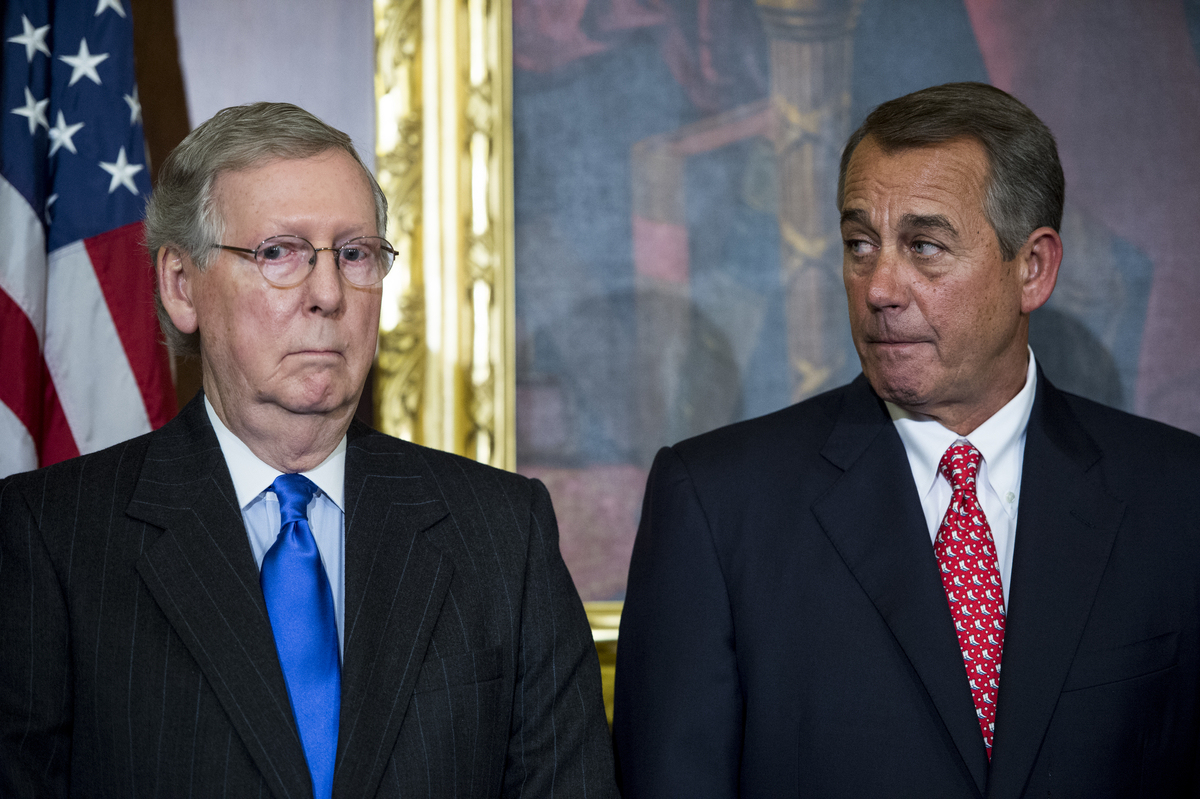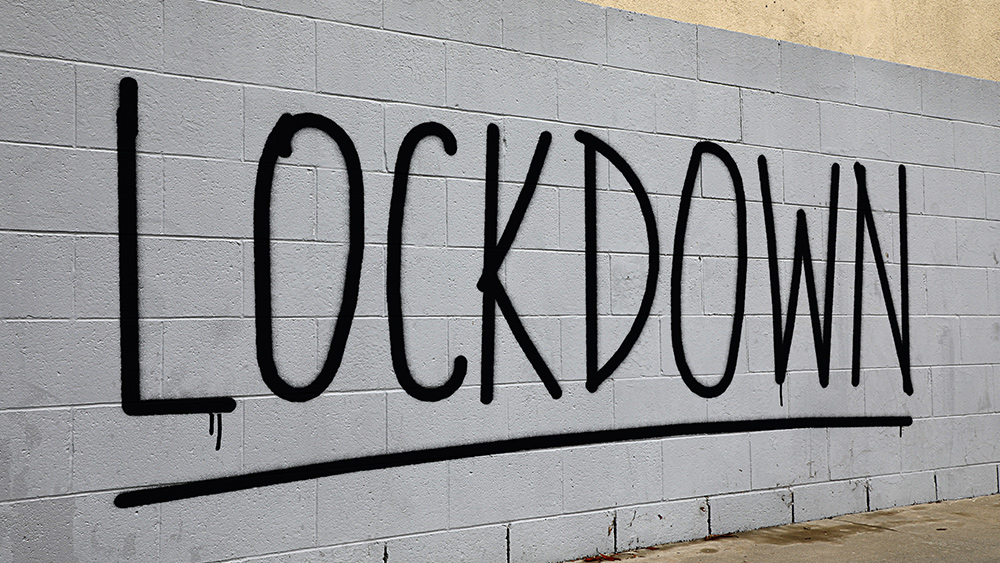
Advertisement
For decades, mostly Democrat-run states have won favor — and votes — among key political constituencies by padding their pensions.
But as the tax base in many of these states dried up as people fled high levies and high prices — Illinois, New Jersey, and Connecticut come to mind — elected leaders were still left with the same overly generous pensions.
Now, after years of falling revenues, some states are teetering on the edge of bankruptcy thanks to massive pension obligations that stretch into the hundreds of billions and only grow each year.
Worse, the shuttering of their economies in an effort to stop the spread of the Wuhan coronavirus (COVID-19) has left these states in even worse financial trouble: Sales taxes and other revenues raised through a functioning society have disappeared, leaving governors with massive amounts of red ink.
What to do?
The National Governors Association thinks the American taxpayer should subsidize years of bad political decision-making and political pandering. As reported by Bloomberg News, the NGA wants the federal government to cough up $500 billion; this is on top of the trillions in deficit spending already committed by Congress to provide relief to our coronavirus-ravaged economy.
But that option isn’t going to fly with the GOP, according to Senate Majority Leader Mitch McConnell — or him, for that matter.
The Kentucky Republican said Wednesday after the Senate passed another huge $484 billion coronavirus relief bill that he’s ready to “pause” all of the spending in order to prevent piling more onto the national debt.
“I said yesterday we’re going to push the pause button here, because I think this whole business of additional assistance for state and local governments needs to be thoroughly evaluated,” McConnell said.
That’s fine fiscal advice, as far as it goes, but McConnell also said during an interview with conservative talker Hugh Hewitt he believes states ought to be able to declare bankruptcy.
Huh?
Democrats want the federal taxpayer to cough up the hundreds of billions needed
“I would certainly be in favor of allowing states to use the bankruptcy route,” he said, according to Bloomberg News. “It’s saved some cities, and there’s no good reason for it not to be available.” (Related: Debt collapse ‘perfect storm’ shaping up that will almost instantly wipe out pension funds nationwide.)
That may be, but it’s also ruined many pensioners, who, through no fault of their own, had grown reliant and dependent upon a fixed amount of money those cities agreed to pay them in exchange for years of contributions to their pension fund.
Chicago and Illinois governments have already approached the point of no return regarding their pension funds. Neither has enough money to cover the nearly $300 billion owed to retirees.
How would bankruptcy protect those pensioners? Would bankruptcy protect them? The answer is: Not likely.
As noted by Emory University Law School, Prichard, Ala. is a case in point. Long story short, the city of 23,000 declared bankruptcy in 1999, and after emerging from that in 2007, the city filed again in 2009. Pensioners filed suit against the city to get what they were owed, but a judge denied their claims during proceedings. The case was dismissed completely in March 2o10.
Nearly two years after the city stopped making payments, it reached a settlement with pensioners that amounted to only one-third of what they’d been promised.
“The case of Prichard, Alabama is certainly unique in its circumstances, history, and financial and political challenges. It highlights, however, what is likely to be an increasingly frequent problem for municipalities across the United States,” Emory Law’s Hannah Heck noted.
Democrats want the federal taxpayer to cough up the hundreds of billions needed to pay off those pensions. That will essentially amount to subsidizing bad political decision-making.
But President Trump agrees that states need help following economic damage caused by the coronavirus pandemic. And caught in the middle are pensioners who both need and deserve what they’ve been promised.
The only problem is figuring out how to pay for it.
Sources include:
Advertisement
Advertisements
















